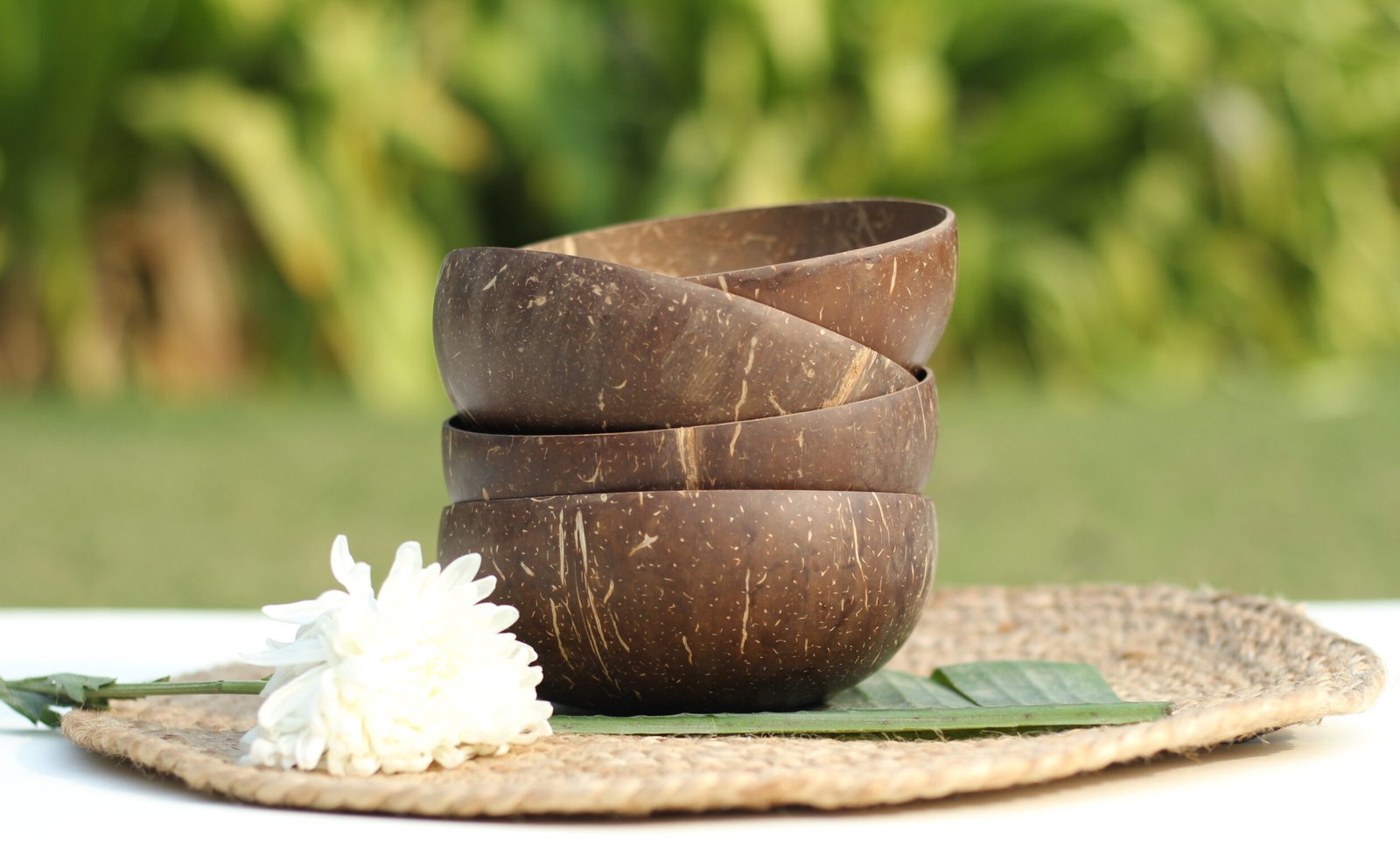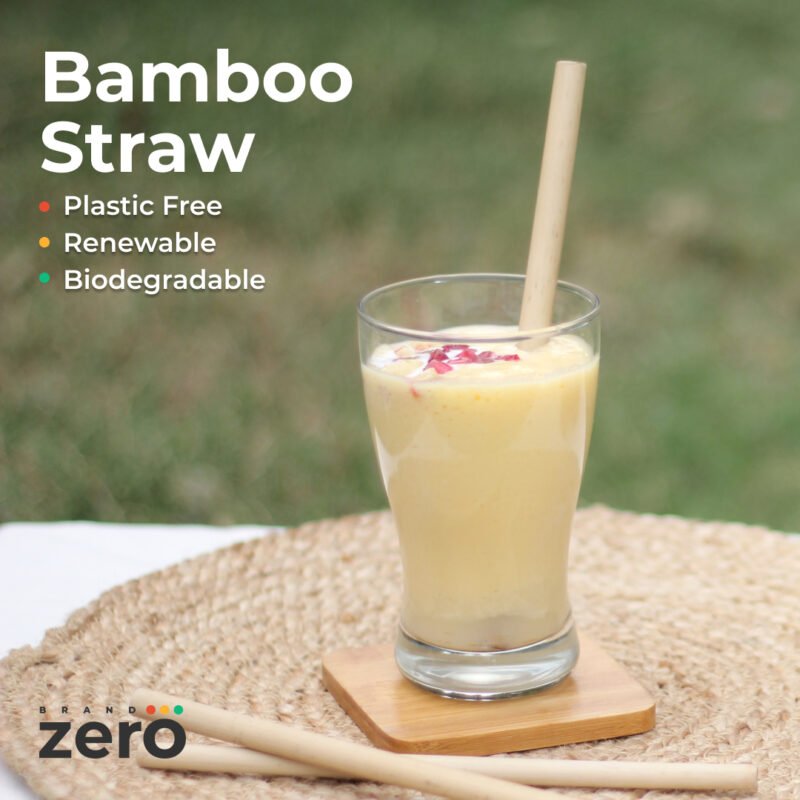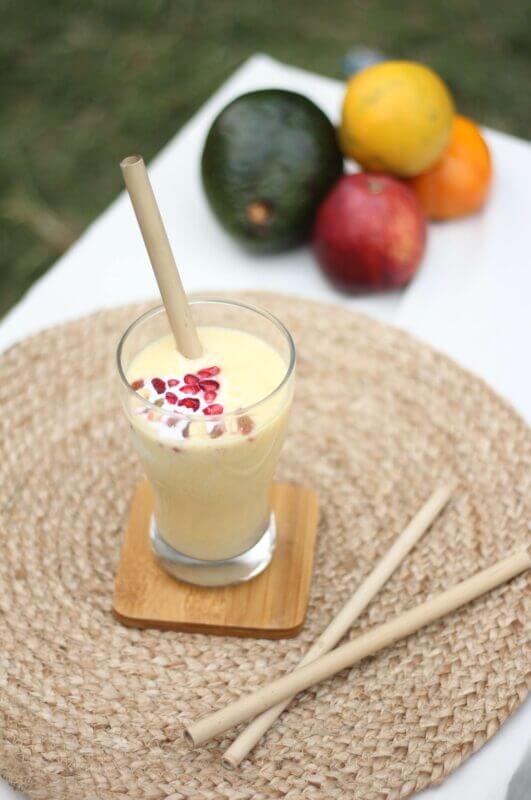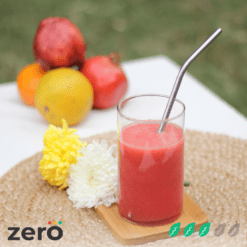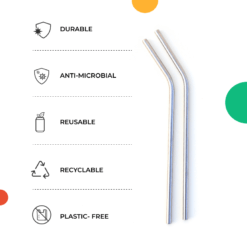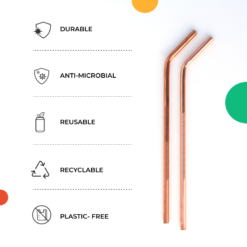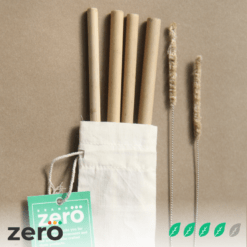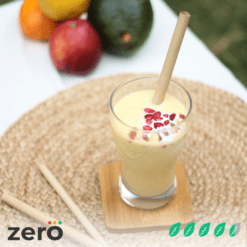Environment, Lifestyle, Sustainability
Bamboo Straws: The Perfect Eco-Friendly Gift
Nowadays, whenever we think of straws, we subconsciously think of plastic pollution and its effects on marine life and landfills. We realize how essential it has become for us to make a switch from plastic to more eco-friendly options.
Eco-gifting is a quick, simple, and sneaky way to spread awareness about climate change. 🙂 There are several options when it comes to choosing the type of straw you’d like to use while sipping on that delicious beverage.
Can we let you in a little secret? Our favorite choice is our beloved giant panda’s favorite choice too! That’s right, folks! We’re talking BAMBOO.
Why should we choose Bamboo straws over any other alternatives?
Here, we have compared a bamboo straw with a plastic alternative using our environmental rating system. You can read more about it here.
| Factors | Bamboo | Single-Use Plastic |
| 1. Raw Material | Natural | Synthetic |
| 2. Manufacturing Emissions | Low | High |
| 3. Product Lifespan | 6 months | Single-use |
| 4. Biodegradability | 3-6 months | >450 years |
| 5. Packaging | Minimal | Not Minimal |
| BZ Eco-Rating | 4.5 | 0.5 |
Green- 1, Yellow- 0.5, Red- 0 (All rating is out of 5)
Let’s have a quick view at our other eco-friendly alternatives for straws as well, aka metallic straws:
| BZ Environmental Rating: Metal Straws | ||
| Factors | Steel | Copper |
| 1. Raw Material | Recycled Metal | Recycled Metal |
| 2. Manufacturing Emissions | High | High |
| 3. Product Lifespan | Lifetime | Lifetime |
| 4. Biodegradability | NA* | NA* |
| 5. Packaging | Minimal | Minimal |
| Sustainability Rating | 3 | 3 |
NA* – Metallic products do not biodegrade but they exist indefinitely.
Metals can be recycled and reused indefinitely and hence have the advantage over plastic since they create waste for a lifetime but can also be a one-time investment.
BZ ECO-FACTORS RATING:
Our environmental rating is formulated by considering the following 5 factors:
Raw Material:
Bamboo straws are made of natural, organic, and decomposable plants, while plastic and steel both are artificial, man-made products. Hence, bamboo is given a rating of 1 while steel, copper, and plastic are rated 0.
Manufacturing Emissions:
Manufacturing bamboo products results in lesser carbon emissions as compared to the process of making plastic from oils and the energy-intensive metal (steel/copper) manufacturing processes. Hence, bamboo is rated 1 while plastic and metals are rated 0.
Lifespan:
Bamboo straw has a lifespan of 6 months, single-use plastic straw of 15-20 mins, and metal straws can be used indefinitely, hence bamboo is rated as 0.5, metals as 1, and plastic as 0.
Biodegradability:
Bamboo straw, being an all-natural product, has an ease and a faster rate of biodegradability while plastic takes almost 150x more years and steel & copper do not biodegrade at all. Hence, bamboo is rated 1, while metals are at 0.5 (can be used indefinitely), and plastic is rated 0.
Packaging:
BZ follows minimal packaging practices, our straws are shipped in reusable cotton pouches made from recycled industrial waste from Katran Market, hence rated as 1. While plastic straw is rated as 0.5 since the packaging may or may not be eco-friendly and minimal depending on the manufacturers.
As you see, bamboo is clearly the winner here! 🙂
Let’s talk bamboo!
Bamboo is one of the most versatile plants on our planet that comes with its extraordinary set of qualities like;
- Easily replenishable
- Fast growth rate
- Compostable
- Biodegradable
ENVIRONMENTAL IMPACT OF THE PRODUCT:
1) Number of units wasted worldwide:
8.3 billion plastic straws pollute the world’s beaches, but only 1% of straws end up as waste in the ocean.
It is estimated that by 2050 the number of plastics in the sea will be higher than the number of fish. https://www.forbes.fr/
2)Packaging waste created:
Plastic is one of the most widely used materials when it comes to packaging.
It contributes to around 40% of packaging waste. A plastic bag has an average working lifespan of 15 minutes, after which it is discarded. Approximately, about 500 billion plastic bags are used worldwide.
Quick Usage Techniques:
Cleaning:
Clean the bamboo straw with some lukewarm water and our very own coconut coir straw cleaner after usage. The anti-microbial properties of bamboo help in maintaining oral hygiene.
Storage:
After cleaning the straw, let it dry off, and then store it in a dry place to avoid any mold formation. Sterilize it in warm water for a longer and more hygienic experience.
Disposal:
Since bamboo straws are completely biodegradable, you can;
- Compost them in a home composting bin
- Drop them off at a nearby local commercial composter.
